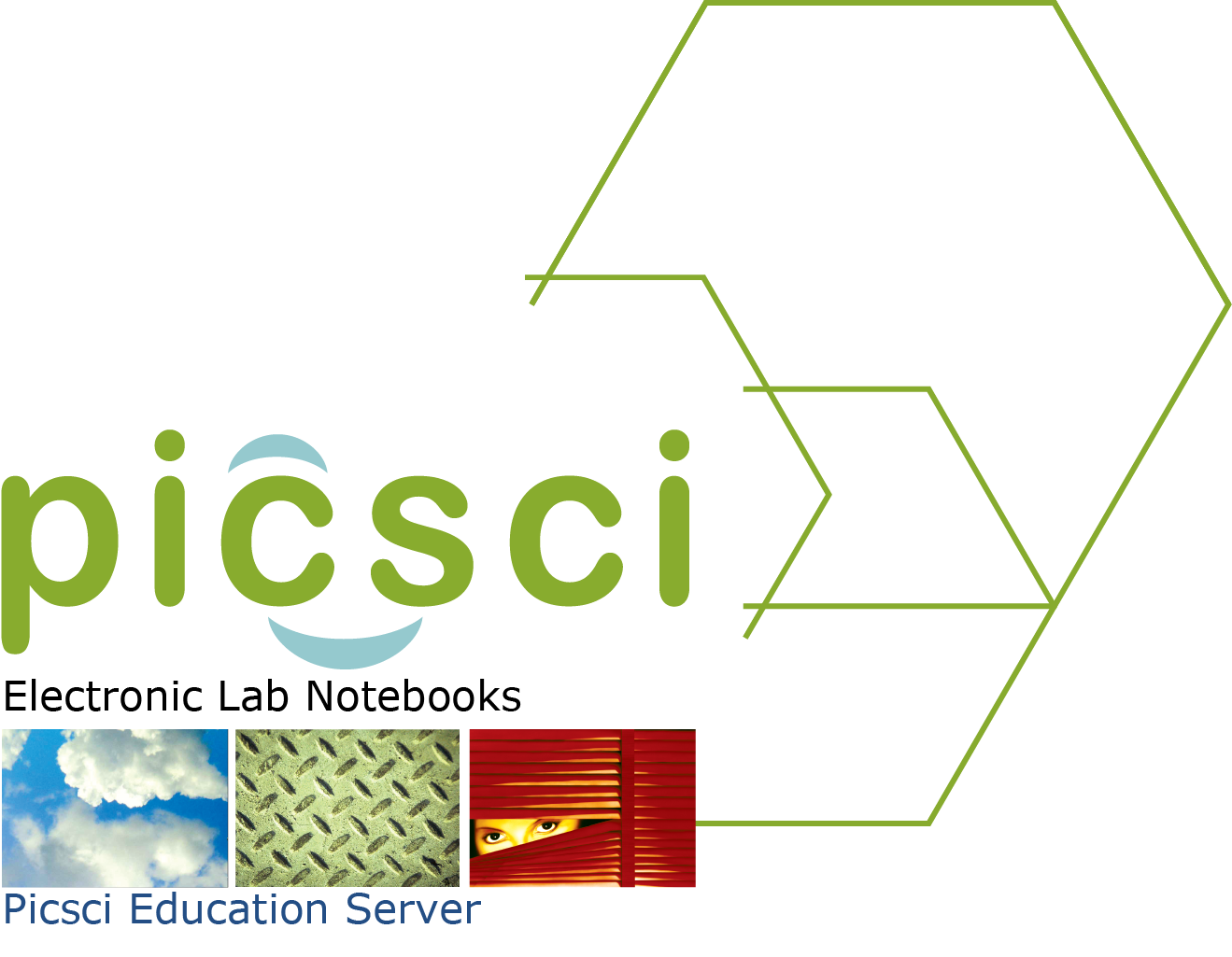Picsci Education License

PICSCI in Education
In elementary school, science is often the most popular class; loud noises, weird smells, and above all, jaw-dropping visual effects keeps children’s rapt attention. In elementary school, science is entertaining; in high school, enthusiasm slips. At Picsci, we want to eliminate the dip in excitement that occurs as children get older and classes get dryer. Our goal is to make science entertaining and captivating, encouraging students visually to explore further, no matter how old they are.
Teaching science should not be about plotting data on paper or learning how to use excel. Science should be about discovery. Imagine students working on a lab designed to play on their curiosity and draw them towards developing hypotheses. As they paste their data into the software the results are instantly visualized, allowing discovery to be simultaneous with the data entry. Students enter their observations without the struggle of formatting, graphing, or transferring data from file to file or from database to post-processing tool.
Because of Picsci’s ability to process and store scientific research data of any type for everyday use, whether in Universities or the high school, Picsci is capable of serving as the backbone for all test data in any field of study. With organized, searchable test data that is visible and accessible on the cloud, Picsci makes multidisciplinary inquiry and distribution of experimental data seamless, allowing scientists to dive into data and collaborate any time they wish. Picsci could become a global collection of scientific data allowing scientific data and experiments to be continuously updated, revisited, and perfected.
A key benefit of Picsci is that test data is visible and accessible on the cloud for future use, boosting scientific data keeping to a completely new level. Whether processing university scientific research data or high school labs, Picsci can deal with science data of any type, storing and processing it into information for everyday use.
MDS Overview
The Matereality Material Data Server provides a single platform for the storage and deployment of any material properties of any materials. The system is designed for site-wide or enterprise-wide deployment so that users can access the information they need at their desktops directly over the intranet. All software is browser-based and requires no download to client computers. All common browsers are supported.
This technology permits enterprises to create an online resource that provides selective access to materials information at all levels within the organization: procurement, product engineering, manufacturing, quality, research and development.
Key features of the material data management system
System extensibilityProducts today are made using a variety of materials. Matereality accommodates data ranging from stress-strain curves to viscosity, spectroscopy to fatigue, on materials ranging from metals to gels, and anything in between. A system that can store all the varied material data needed on all these different materials becomes a part of your core infrastructure and knowledge base.
- Fully extensible: any property type, any material, one platform
- Store all data types: graphs, single value properties, tables, CAE material model parameters, equation coefficients, pictures, micrographs, etc.
- Store full context of the data in conformance with ISO 17025; raw test data, derived and representative data, statistical data without limit, source, technique and test information (required for authentication of data)
- Add to the types of properties and property-related information, and types of materials that can be stored, without limitation
- Link data with pertinent traceability information and legal statements
Collaboration and Roles management
Each group within an enterprise has a need for different types of materials information. Store all this data in one place and deploy it seamlessly and selectively to each group: lot certification data, quality data, design properties, CAE material data, R&D data.
- Control who sees each piece of data: who sees it, publish or hide as needed
- Use specialized apps to purpose information to specific and diverse user groups
- Control who can load, edit and publish data
- Register users, enable/disable users
- Manage users using a workgroup architecture
- Pre-select data privacy preferences for workgroups and users
- Monitor data use using Data Access logs, record changes and modification made to any data
Connect up your test laboratories
New material properties are continuously being generated by your test laboratories. All these properties can be easily loaded into the system using a simple web-based interface. The entire context of the measurement is stored in TrueDigital format, sufficient to meet the stringent data reporting requirements of ISO 17025.
- Build import templates for easy import of single point data
- Run scripts to import consistently formatted data workbooks into your Matereality libraries
Request a quote
The recommended hardware and system software requirements to allow a standard Material Data Server installation to function are given in this section.
Hardware
- Application Server with Intel Dual Core Xeon 2.0 GHz processor
- 2 GB RAM
- 80 GB hard disk
- Dual Gigabit Ethernet Ports
- Microsoft Windows Server 2012 R2 Operating System
Additional Hardware for Demanding Applications
- Database Server with Intel Quad Core Xeon 2.0 GHz processor
- 4/8 GB of RAM
- 200 GB SCSI RAID hard disks, configured for mirroring
- Gigabit Ethernet Port
- Microsoft Windows Server 2012 R2 Operating System
Software
- Microsoft SQL Server 2012 R2
Web browser requirements
All Matereality software is browser-based and requires no download to client computers. The following common browsers are recommended:
- Internet Explorer, version 9.0 or later
- Microsoft Edge
- Firefox
- Google Chrome
- Webkit